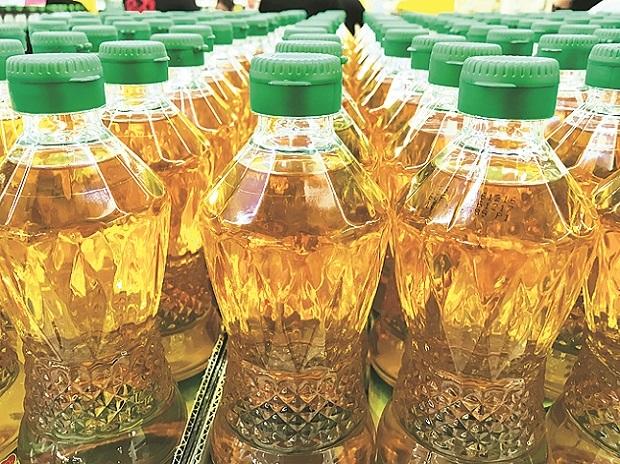India: Edible palm oil to witness 10% revenue growth this fiscal, says CRISIL

The revenue of domestic edible palm oil refiners is predicted to increase by around 10 per cent this fiscal year due to consistent demand and greater realisations, as per a report by CRISIL. It further highlights that the operating profitability is expected to increase by 40-50 basis points (bps) to around 3.5 per cent due to favourable prices and continued duty-free imports.
Over the medium term, credit risk profiles of palm oil refiners’ will remain stable due to strong balance sheets and the absence of significant debt-funded capital expenditure (capex).
As per the report, palm oil dominates edible oil consumption in India with 38-40 per cent share in volume as it is used largely in the food processing and hotels, restaurants and catering (HoReCa) segments. The HoReCa segment accounts for 45-50 per cent of the overall consumption while the household and industrial segments consume the rest.
The surge in demand is due to rising urbanisation, increased consumption of processed and outside food. In addition to this, India has ample refining capacities but does not produce much crude palm oil (CPO) to feed the refineries and is dependent on the world’s largest producers, that is Malaysia and Indonesia for over 90 per cent of its CPO requirement.
Furthermore, the industry is set to witness volume growth of 3-4 per cent this fiscal to approximately 93 lakh tonne. The operating margins are expected to expand by 50 basis points to around 3.5 per cent due to improved economies of scale, strong commodity hedging policies, and continued duty-free imports of CPO.
Interestingly, the global palm acreage has stagnated owing to sustainability and environmental concerns, ultimately leading to price rise. Due to this, Indian refiners are unlikely to build capacity in the medium term, and cash accrual will be more than sufficient to fund incremental working capital requirements and maintenance investment. As a result, credit profiles will remain stable this fiscal year, with total outside liabilities to tangible networth (TOLTNW) and interest coverage ratios estimated at 1.25 and 4 times, respectively.
“In fiscal 2023, the government of India had extended the zero import-duty structure for CPO for two straight years until March 2025. The duty structure was earlier set to expire in March 2024. The import duty for CPO was as high as 40 per cent pre-pandemic. The extension will help regulate domestic supplies and keep prices in check, whilst supporting profitability this fiscal,” Rishi Hari, Associate Director, CRISIL Ratings, added.
Read also
Wheat in Southern Brazil Impacted by Dry Weather and Frosts
Oilseed Industry. Leaders and Strategies in the Times of a Great Change
Black Sea & Danube Region: Oilseed and Vegoil Markets Within Ongoing Transfor...
Serbia. The drought will cause extremely high losses for farmers this year
2023/24 Safrinha Corn in Brazil 91% Harvested
Write to us
Our manager will contact you soon



